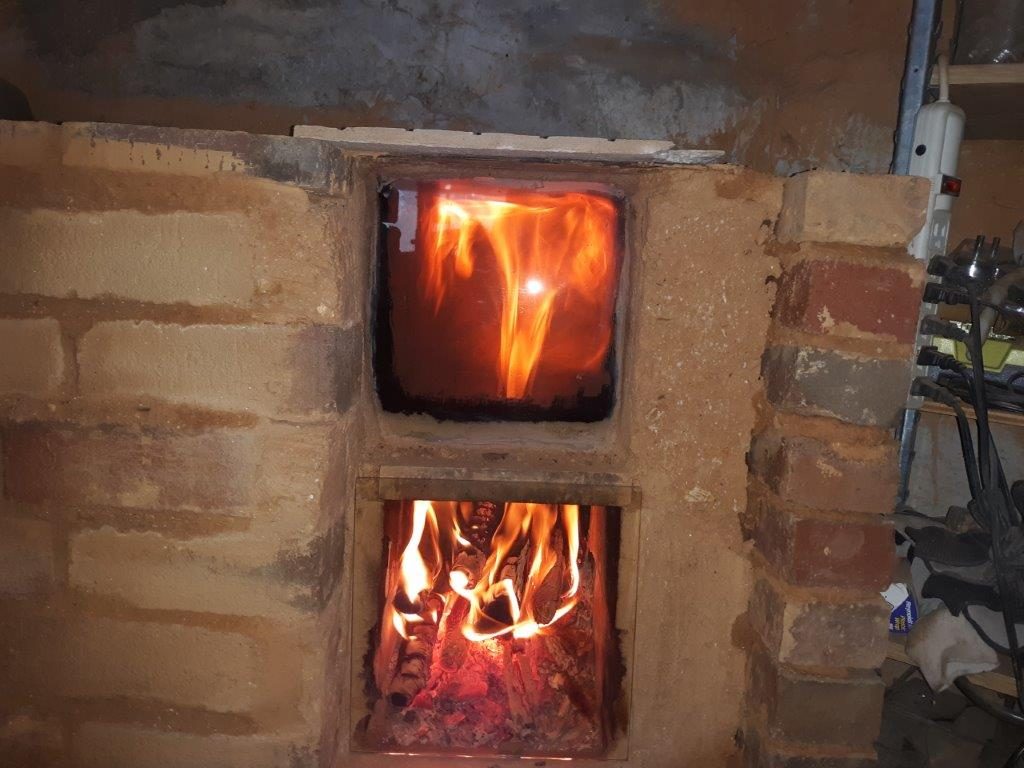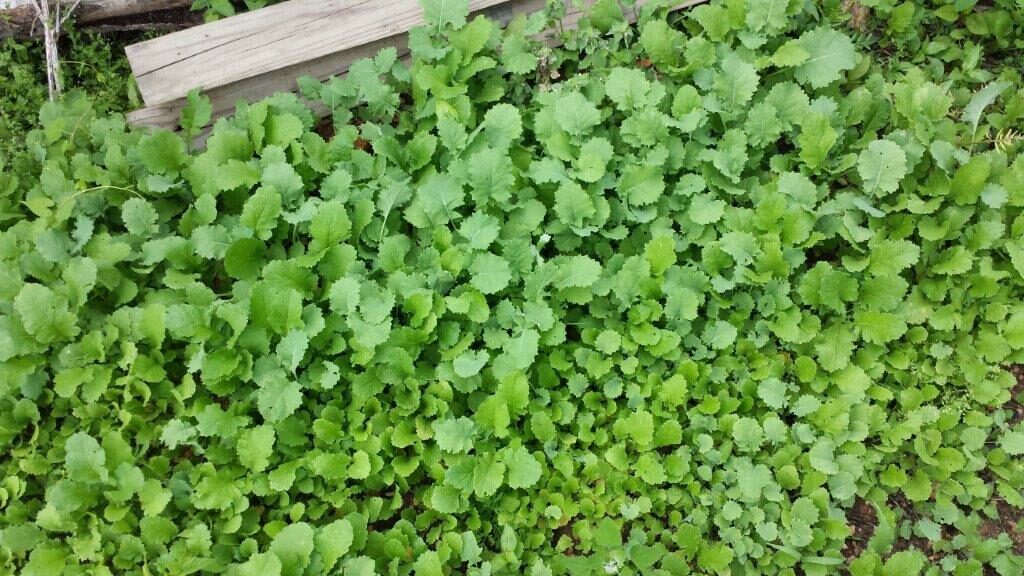
Nothing like an efficient fireplace burning hot and clean, even better when the fireplace can cook food and heat water, and better yet when the fireplace is mostly a backup heat source for a house that heats itself from the sun.
Going green doesn’t mean doing without, quite the contrary. We have been conned into a dependence/desire for consumer items that are basically unnecessary. If we have known how to build houses that heat themselves for 40 years (or more) then why do we still have huge heating bills in the winter?
Name the biggest consumers of your monthly salary, and there will be ways to dramatically reduce or eliminate those bills. In the case of solar electricity, there are ways to produce extra energy so instead of costing you money every month your house can pay you money every month by making electricity you don’t use.
Through my study of Permaculture systems around the world,I have come to believe the knowledge is available to feed the Earth’s people-all of them- with healthy organic food. The knowledge is available to shelter everyone. And especially the knowledge is available to do all this and repair the Earths bio systems so they remain hospitable to all creation.
While one person may not be able to dramatically change the world to this utopian paradise, there will be a critical mass when enough people are practising these knowledge bases to totally change the way we live as a “civilisation”.
We can be both gentle on the earth and still meet all our real needs quite abundantly. But just saying it doesn’t make it so. Knowledge without action is meaningless. While individually our efforts may seem meager, Permaculture increases exponentially as we teach by example , and even though in our overdeveloped energy dependent society this may seem like science fiction, around the world these designs are active in 100s of countries.
Demonstration projects in Jordan and Sub Saharan Africa are generating larger and larger communities practising Permaculture, and these communities are both greening the deserts and creating better lives for those living there.
China has reclaimed an area the size of Belgium from dust, erosion, and poverty (loess plateau) to become green and productive, a place where people can live abundantly and want to come back to. And these projects are going on everywhere, but they don’t sell newspapers in this country , yet.
Here in the United States there are still many who have never heard the word Permaculture. It runs counter to economic “growth”, so it is not widely publicized. Centralized food supply and power generation are great ways to centralize power and wealth. But they are poor ways to supply energy and food.
Electricity loses efficiency over long distances simply from resistance in the wires. Vegetables are no longer fresh within a few hours of picking. Hard green tomatoes may ship better, but they certainly don’t do much for our bodies.
The idea that we have so much power that we can reclaim is more and more becoming a necessary component of future wealth and prosperity. Learning how to plant a garden or manage a personal power grid are skills best learned now.
The reality of course is that we often can maximize our efforts by working together, so there is a lot more to it than those simple individual changes. There are many examples of cooperative economies that don’t require the destruction of human dignity or destruction of ecosystems to provide services and goods.
Permaculture looks at all aspects of our lives, finding ways to better serve our needs with less work and less exploitation of natural resources. To be sure there will still be some industry, people will work to make those technologies that help with our transitions, but as time goes on that work will demand less of our time and give us greater freedom to actually enjoy the beauty that is this wonderful planet of ours.
Well designed Permaculture systems can give us remarkable health and freedom and revitalize the planet. “You can solve all the world’s problems in a garden.” (Geoff Lawton)
